Visions Of Haiti: 5 Filmmakers Celebrating The Country’s Culture & Resilience
By Something CuratedThe first known films exploring Haiti emerged during the 1930s, while full-length movies produced within the nation became more prevalent in the latter part of the century. As the first Black Latin American nation to achieve independence, Haiti pioneered the way for others; however, its extraordinary contribution remains insufficiently acknowledged. From 18–31 October 2023, Barbican Cinema presents a rich programme of films, poetry readings and discussions celebrating the beauty and complexity of Haiti. Covering some 70 years of material from the 30s, Visions of Haiti offers a rare chance to see films about the country and by the country’s filmmakers, providing a multifaceted portrayal of this Caribbean nation. Barbican Cinema curator, Matthew Barrington, tells: “There have been many interesting works made by Haitian filmmakers or artists responding to elements of Haitian culture over the years, but there’s never really been much focus on them.”
Limited resources and political instability hindered the development of a consistent film industry in the country. During the mid-20th century, several documentaries and short films were made but domestic cinema struggled to gain traction. Barrington continues: “One reason for these stories being often overlooked can be traced back to the Haitian Revolution (1791-1804), which saw slaves in the country, led by Toussaint Louverture, rise up against their French colonisers and take power for themselves, leading to it becoming the first country to be founded by former slaves. But, fearing other revolts, many European powers ostracised the nation and burdened it with enormous debts, leaving the population in financial difficulties – a legacy that continues today.” Despite various stifling factors, a number of Haitian filmmakers persevered to tell their stories, and today, artists from both local and wider diasporic communities are building on the tradition. To learn more about Haitian culture, cinema and the country’s instrumental filmmakers, Something Curated highlights five must-see films.
Raoul Peck, Haitian Corner, 1988
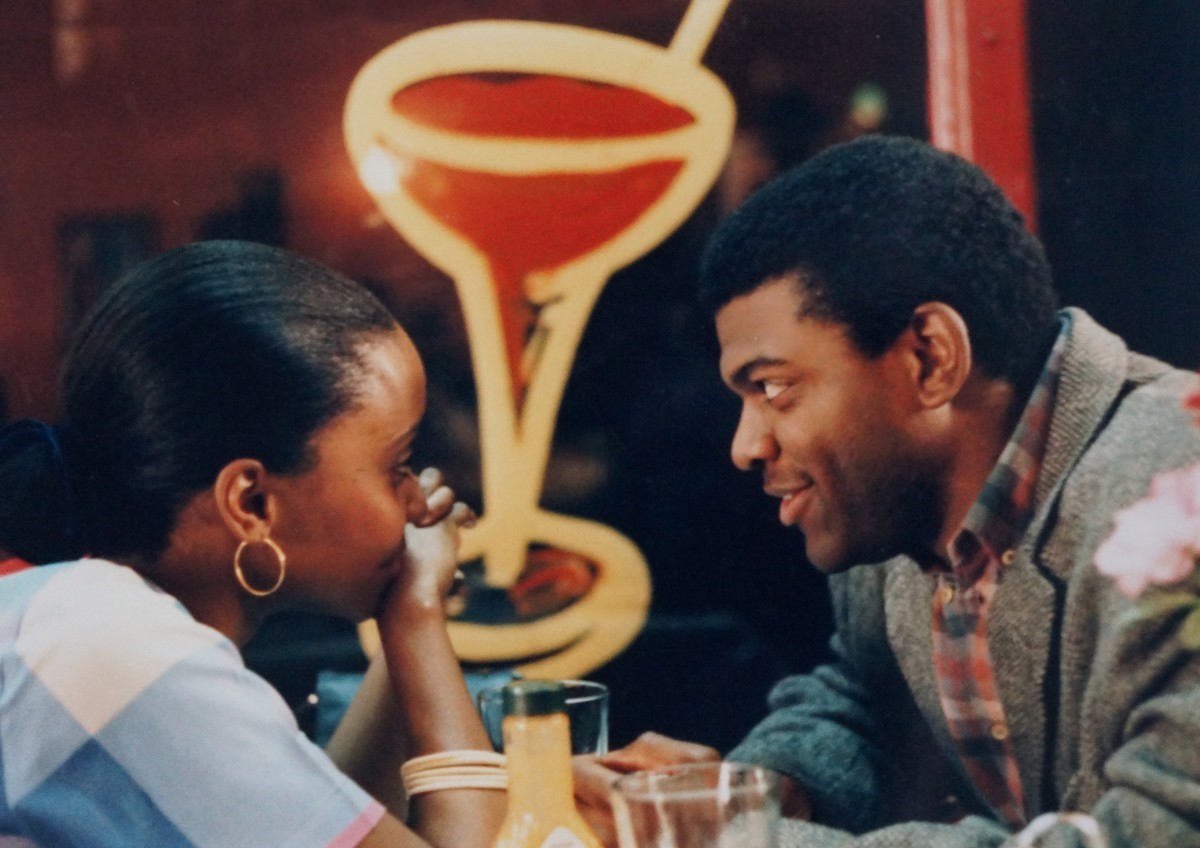
Raoul Peck is a Haitian filmmaker best known for using historical, political, and personal characters to tackle and recount societal issues and events. Peck’s poignant Haitian Corner takes viewers on an immersive and emotionally charged journey that straddles two worlds: Haiti and the United States. Set against a backdrop of cultural displacement and the realities of the Haitian diaspora, this drama delves into the complexities of identity, belonging, and the pursuit of the American Dream. The story revolves around Jonas, a Haitian immigrant who has made a new life for himself in New York City. Despite the physical distance from his homeland, Jonas grapples with a profound sense of longing for his native Haiti and the nostalgia of a life left behind. Through a skilful blend of flashbacks and present-day narrative, Haitian Corner explores Jonas’ past, illuminating the reasons for his departure from Haiti and the challenges he faces in his adopted country.
Miryam Charles, Cette Maison, 2022
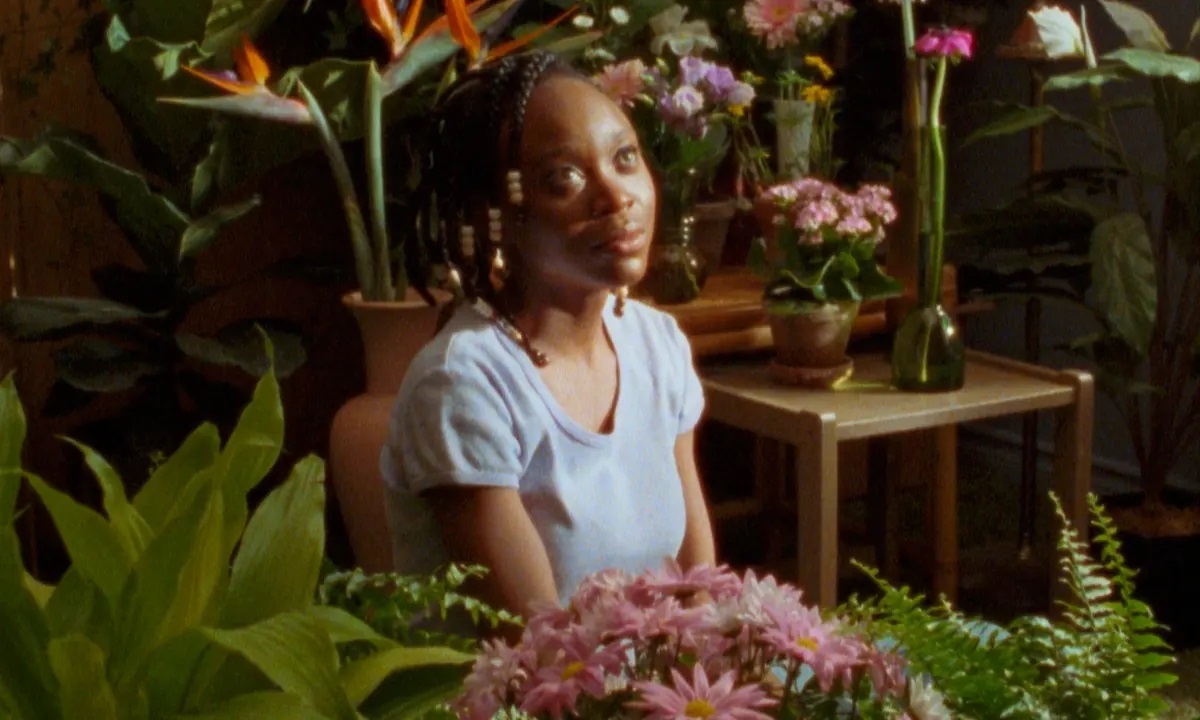
Miryam Charles is a Haitian-Canadian filmmaker from Montreal, Quebec, whose debut feature film Cette Maison was released in 2022. The film’s narrative revolves around the tragic death of the director’s cousin, Tessa, who passed away at the tender age of 14 in 2008. In this captivating debut feature, Charles embarks on a journey to understand and process her cousin’s passing, engaging in a fictional conversation with a young girl who is unable to speak. The film beautifully unfolds as an imagined biography, delving into the delicate balance between the safety of one’s living space and the potential threat of violence that looms over it. Shot on 16mm, Cette Maison artistically navigates themes of grief, diasporic trauma, and the complexities of motherhood. The visual storytelling is beautifully envisaged, immersing the audience in a world where imagination and reality converge.
Arnold Antonin, Haiti: The Way to Freedom / Ayiti men chimin libete, 1975
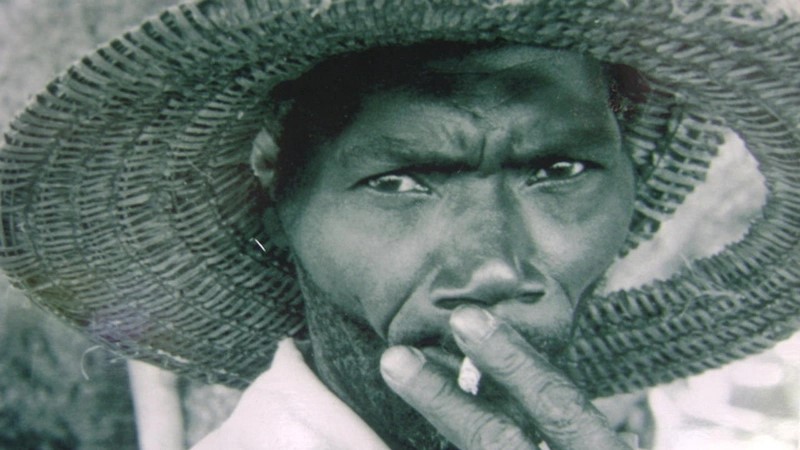
A characteristically unflinching, militant film from one of the country’s most famed documentarians, Haiti: The Way to Freedom is said to be the first Haitian feature length film and delves into the rich and tumultuous history of Haiti. Arnold Antonin is known both inside and outside the country for his social, political and cultural work; he was honoured with the Djibril Diop Mambéty Award at the International Film Cannes Festival in 2002, celebrating his lifetime’s achievements. With a keen eye for historical detail and a deep sense of cultural pride, Antonin takes viewers on a journey through the strains and triumphs of the Caribbean nation. The film weaves together a tapestry of historical events, starting with the era of colonisation, slavery, and rebellion. Antonin masterfully brings to life the stories of courageous freedom fighters, including Toussaint Louverture and Jean-Jacques Dessalines, who led the Haitian Revolution and shattered the chains of enslavement.
Gessica Généus, Freda, 2021
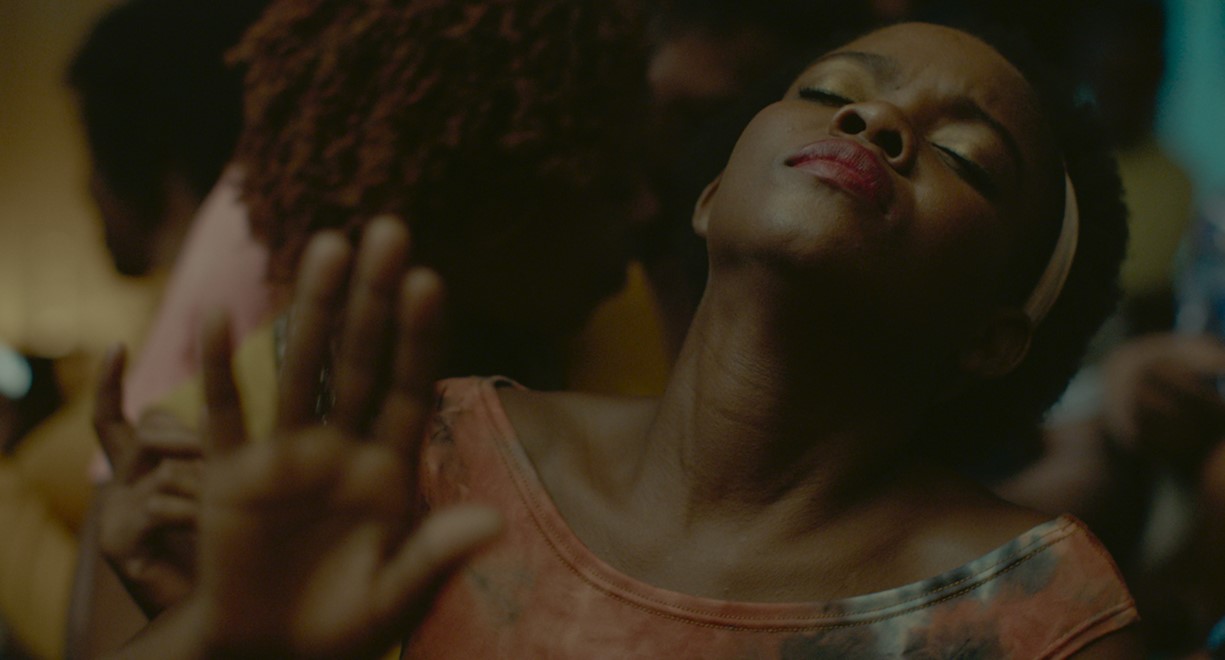
Gessica Généus is an actress, singer, and director from Haiti, who began her career in film and television when she was 17 years old. Généus compelling Freda, her first feature film, takes audiences on an emotionally charged journey through the vibrant streets of her home country. At the heart of the story is Freda, a young and determined Haitian woman who embarks on a profound quest to rediscover her roots and forge her path in a society shaped by tradition and modernity. Steered by her past and fuelled by a longing to understand her identity, Freda sets out on a journey of self-discovery that leads her to confront entrenched cultural norms as well as her own family’s personal history. As the film unfolds, Freda’s personal journey becomes an allegory for the broader balancing act faced by many Haitians, torn between preserving their cultural heritage and embracing the opportunities of the modern world.
Esery Mondesir, Una Sola Sangre, 2019
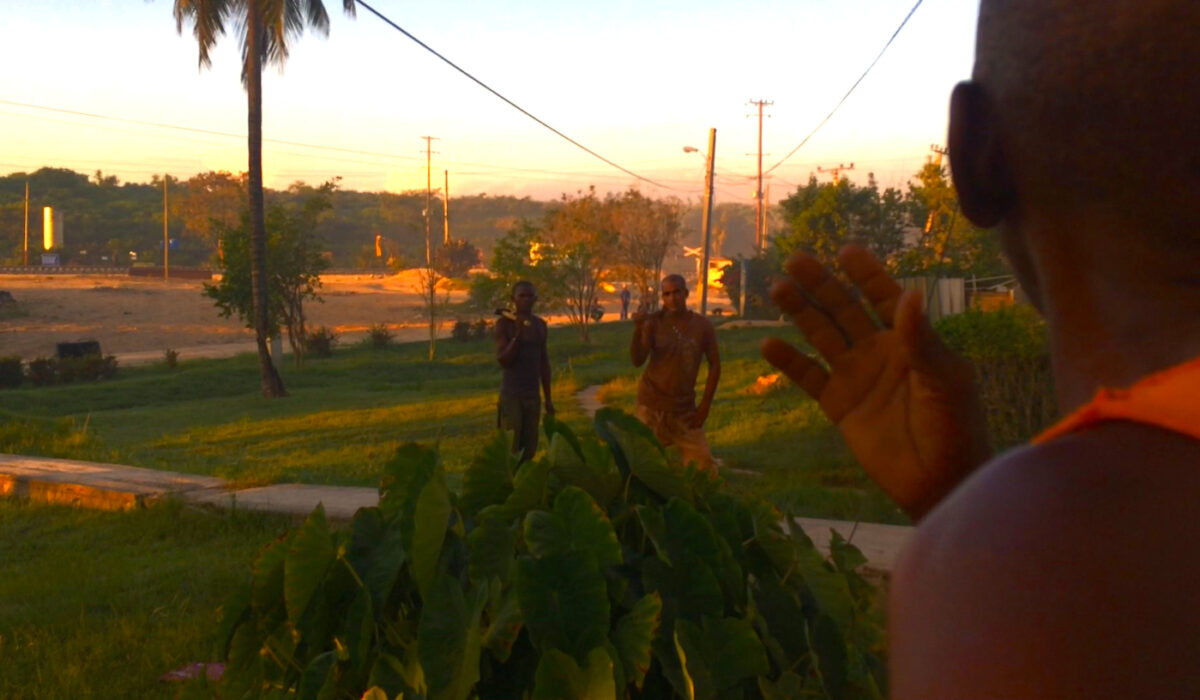
Esery Mondesir is a Haitian-born video artist and filmmaker. He was a schoolteacher and a labour organiser before earning his MFA in film and video production from York University, Toronto, in 2017. Mondesir draws from personal and collective memory, official archives, vernacular records, and the everyday to generate a reading of our society from its margins. Made in collaboration with fellow members of the Haitian diaspora in Havana, Cuba and Tijuana, Mexico, his latest films have been exhibited in art galleries and film festivals worldwide. In his short film, Una Sola Sangre, Mondesir intricately weaves observation and testimony to illuminate the Galde family’s life in Cuba. Through their eyes, we gain insight into the intricate negotiation of their Haitian identity in a foreign land, painting a vivid portrait of their unique journey.
Feature image: Gessica Généus, Freda, 2021